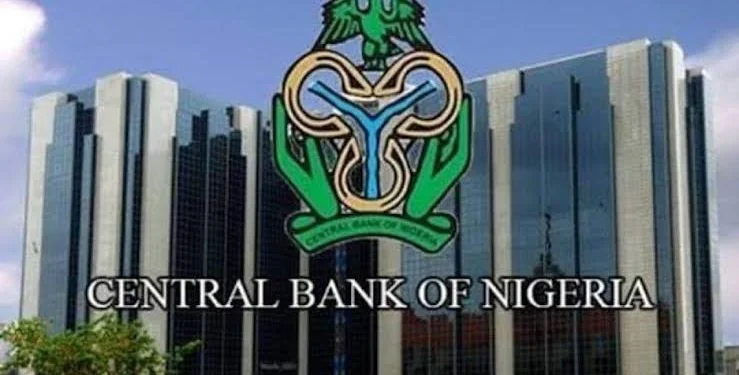On April 24, 2020, the Central Bank of Nigeria (CBN) debited commercial banks a staggering N1.4 trillion for failing to meet Cash Reserve Requirement (CRR) targets.
Sources within the banking sector, confirmed the debits, with some details published in newspapers.
The CRR is the minimum amount of customer deposits banks must hold with the CBN.
Top Banks Penalized
The list of debited banks includes:
-
Zenith Bank: N355.9 billion
-
First Bank: N206.1 billion
-
UBA: N204.7 billion
-
Stanbic IBTC: N143.9 billion
-
Standard Chartered: N120.6 billion
These penalties reflect the CBN’s strict enforcement of its monetary policies.
Why the CRR Increase?
In January 2020, the CBN’s Monetary Policy Committee (MPC) raised the CRR by 5% to 27.5%, surprising bankers who expected looser policies amid economic challenges and the early stages of the COVID-19 outbreak.
The CBN cited rising inflation, which hit 11.98% in December 2019, as the reason. The MPC noted that inflation above 12% harms Nigeria’s economic growth.
The CBN also set a 65% Loan-to-Deposit Ratio (LDR), pushing banks to lend more to the private sector instead of investing in treasury bills.
Banks Struggle with Profitability
Banks have criticized the CRR policy, saying it reduces funds available for lending, hurting their Net Interest Income.
The debits further limit their ability to earn from customer deposits.
To avoid penalties, some banks have slowed deposit drives.
Despite this, total bank deposits grew from N22 trillion in 2018 to N24.4 trillion by December 2019, with demand deposits at N7.1 trillion and time, savings, and foreign currency deposits at N17.3 trillion.
Dividend Cuts and Cash Reserves
Many Tier 2 banks cut dividends to retain cash, anticipating further CBN penalties.
By December 2019, banks held N6.4 trillion with the CBN, including N5.6 trillion for reserve requirements, up from N4.8 trillion in September 2019.
The CBN’s policies aim to control inflation but have strained bank operations.
Analyst Concerns
An anonymous analyst told Nairametrics the CRR debits may be a way for the CBN to fund government projects, such as rice farming or low-interest entertainment sector loans.
“It’s a terrible idea, but the CBN argues these projects must be funded,” the analyst said.
Another analyst suggested the penalties target banks missing the 65% LDR, with the CBN charging 50% of the shortfall.
For example, a bank at 60% LDR could face a CRR debit on the 5% difference. Some believe the CBN is also trying to limit banks’ foreign exchange market speculation post-COVID-19.
COVID-19 Context
The CRR penalties come as banks face COVID-19-related challenges.
Polaris Bank, for instance, announced it would waive loan default penalties to ease borrowers’ burdens.
The CBN’s tough policies, however, continue to spark debate about balancing economic growth and inflation control.






